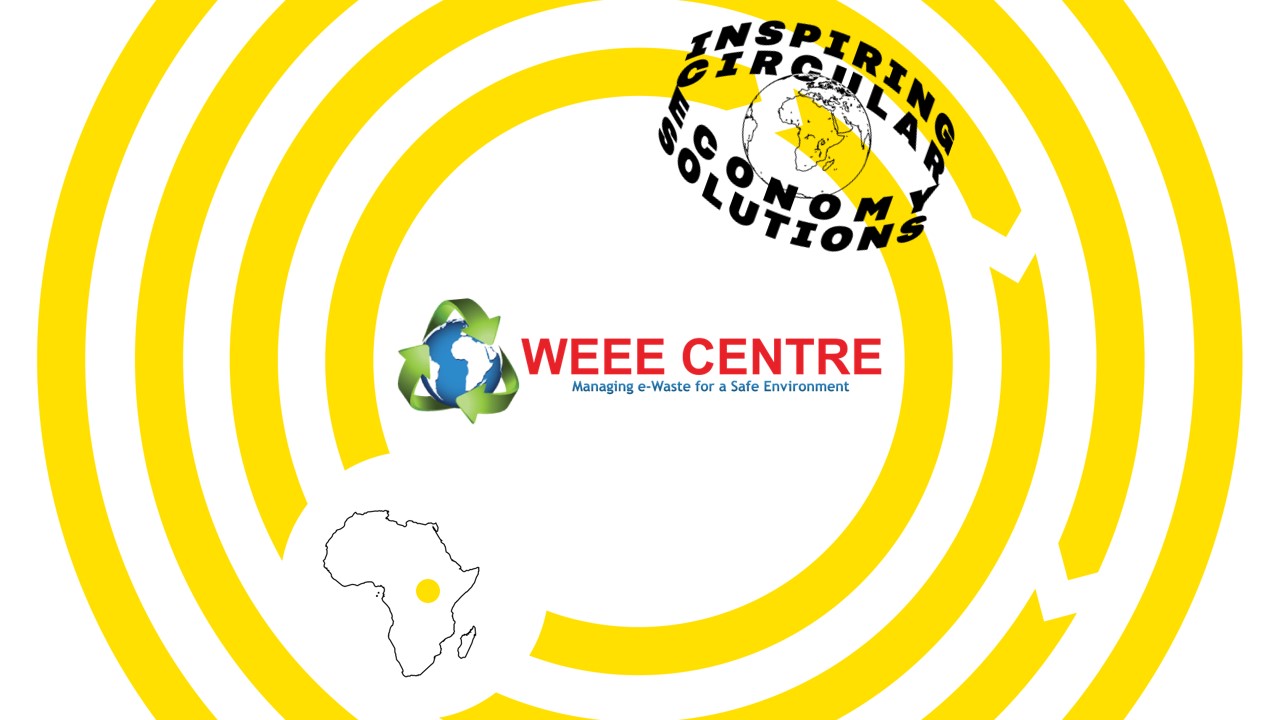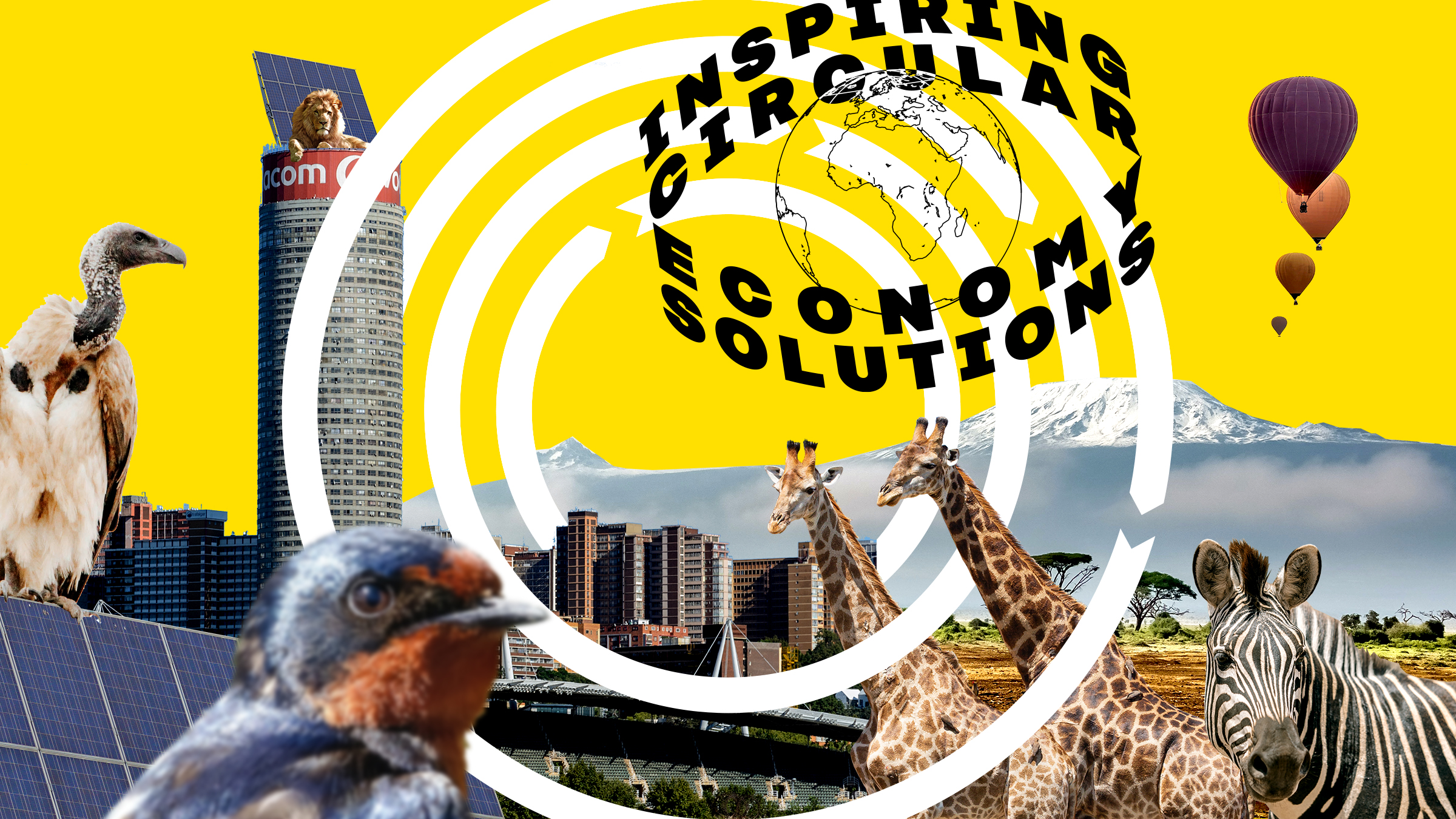E-waste is sometimes called the fastest-growing waste stream in the world. The UN’s Global e-waste monitor says 53.6 million metric tonnes of e-waste were generated in 2019, up 21 per cent in just five years. Only 17 per cent of that e-waste was recycled.
In Kenya, Waste Electrical and Electronic Equipment Centre (WEEE Centre) sees it can be part of the solution to the problem.
Problem
Electronic waste is often not managed and dismantled sustainably or safely. Old electronics from all around the world are shipped to developing countries where it ends up in landfills, polluting soil and water, or is burned in incredibly dangerous environments. Sometimes they are called “burner boys”: young boys who burn circuit boards and wires over open fires to salvage the metals inside. The toxic smoke pollutes the atmosphere, to say nothing of the damage it does to these boys’ health as well as the overall community.
Solution
WEEE Centre uses a holistic approach to the e-waste problem. They raise awareness on e-waste, train people how to handle it properly, collect the waste and process it correctly for recycling.
The company has built a network of local businesses, municipalities, global corporations and NGOs in their work. This is helping them reach both businesses and consumers.
Business potential
WEEE Centre has several income streams. Often electronics are discarded before their useful lifespan is up, so WEEE Centre refurbishes and sells them. To go along with this, they can also offer services to securely wipe data from electronic devices. When electronics are recycled, plastics and most metals are used locally in Kenya while more problematic components are exported for recycling.
Social and environmental impact
The company receives funding from donors to train people about proper e-waste handling, hopefully saving people from the harsh life of a “burner boy”. They even have mobile “DigiTrucks”, solar-powered computer labs that travel to rural areas to offer training and to professionalise the people working with e-waste. By helping the occupation become an acknowledged profession, WEEE Centre can also address the problems that child labour creates to individuals and communities.
By properly recycling electronic waste, WEEE Centre reduces the need for virgin raw materials to be used in new products and ensures end-of-life electronics don’t create damage to the environment.
The refurbished items they sell aren’t simply sent back into the marketplace. The new owners sign a circular commitment agreement, saying those items must come back to WEEE Centre or else be otherwise properly treated.
Future
There is a giant and growing market for proper management of e-waste and for increasing components’ circularity, but some significant challenges remain. WEEE Centre says they need more legislative support and a developed collection routine and infrastructure.
Want to learn more about circular economy solutions in Africa? This year’s World Circular Economy Forum will take place in Rwanda on 6–8 December. Check out the programme and register for online participation.


Inspired?
Check out all solutions.